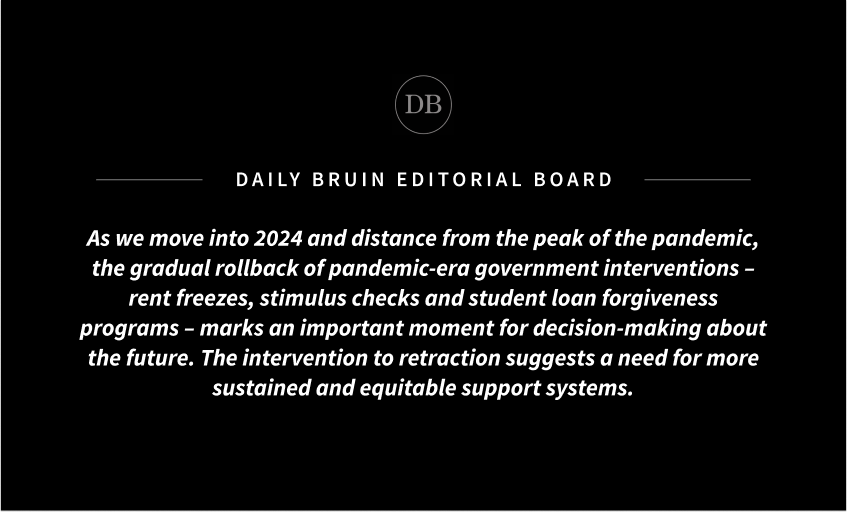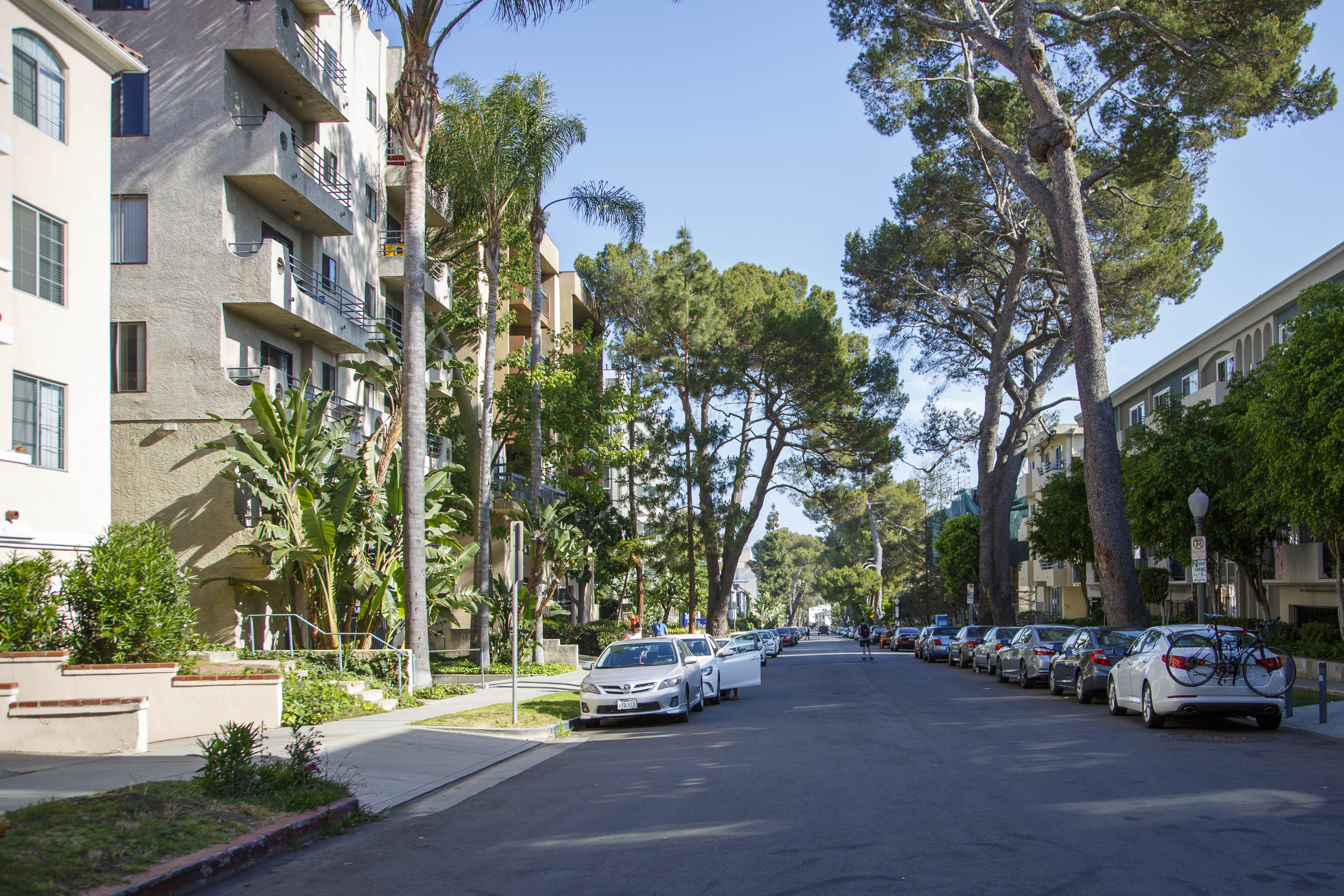Editorial: LA City Council’s rent hike fails average Angeleno in already dire housing crisis

By Editorial Board
Dec. 3, 2023 4:47 p.m.
This post was updated Dec. 3 at 9:02 p.m.
Affordable housing in the city of Los Angeles just became much less affordable.
On Nov. 14, the LA City Council worsened an already dire housing market with its decision to allow certain landlords to increase rent by up to 6% in a 10-2 vote. Granted that landlords cover gas and electricity for tenants and the building is under the Rent Stabilization Ordinance – which accounts for around 75% of multifamily rental units in LA – they will be able to make this increase.
For a typical apartment in the city of LA, rent is approximately $2,900. In Westwood Village, a one-bedroom and one-bathroom apartment can cost anywhere from $2,500 to $5,000 per month. The median household income in LA County is around $76,000. Housing costs like these are staggering and almost debilitating for the average LA resident.
This decision is also devastating to Angelenos given the status of inflation and cost of living increases nationwide. In 2023, Americans need about $11,000 extra in comparison to 2021 to uphold the same standard of living they had. Californians specifically require approximately $13,000 more, and the metric for those in LA is likely even higher.
While some will be able to endure the looming rent hikes, this change will have a clear, disproportionate impact on middle-class and low-income families and will perhaps further exacerbate struggles of the unhoused population across LA.
Housing advocates warned the council that eviction rates and homelessness would increase, and Councilmember Hugo Soto-Martínez, a tenant advocate, proposed freezing stabilized rents for an additional six months. This plan failed to be passed, and the council’s decision was unwavering.
Nevertheless, the approved increase could have been steeper. Without the council’s decision on a compromise, rent increases could have risen up to 9%. The decision, while a relief for tenants in this context, still presents challenges.
Small landlords who own few properties will continue to face challenges balancing increasing expenses and inflation with limited rent increases. In an effort to support these mom-and-pop landlords, the council has directed the development of programs and resources. However, following struggles during the freeze and the limited increase, some smaller landlords may still be pushed out of business.
As we move into 2024 and distance from the peak of the pandemic, the gradual rollback of pandemic-era government interventions – rent freezes, stimulus checks and student loan forgiveness programs – marks an important moment for decision-making about the future. The intervention to retraction pipeline suggests a need for more sustained and equitable support systems.
This moment should encourage leaders and government bodies at all levels to rethink and reshape post-pandemic policies. Rather than reverting to pre-pandemic norms that perpetuated inequalities, there is an opportunity to develop strategies that offer more equitable living conditions, stable incomes and less struggle to attain basic needs.
The end of pandemic-era adjustments shouldn’t signify a return to the status quo, but a chance to establish a more sustainable path forward.





